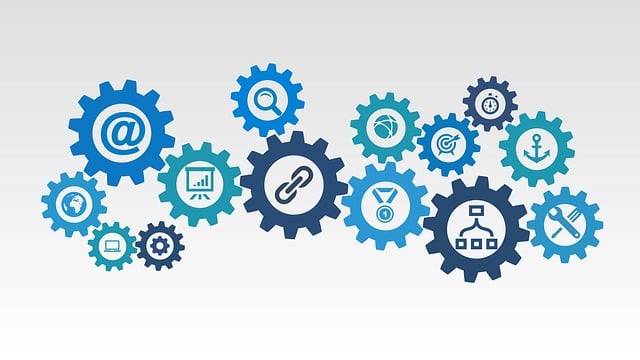AI tokenization is revolutionizing mobile homes insurance by enhancing risk assessment through advanced data analysis. This technology converts raw data like historical claims, property info, and environmental factors into tokens, feeding them into machine learning models to predict risks accurately. These AI-powered engines automate tasks, identify patterns, and mitigate hazards, leading to fairer pricing strategies, enhanced customer satisfaction, and healthier insurer bottom lines. Despite challenges such as data privacy, initial costs, and expertise requirements, strategic planning and partnerships can help overcome these hurdles, paving the way for AI tokenization risk analysis engines to transform the industry and offer personalized services.
In today’s digital era, AI is transforming the insurance industry, and mobile homes are no exception. This article explores the revolutionary power of AI tokenization and risk analysis engines in assessing and modeling risks for mobile homes insurance. We delve into how these technologies streamline underwriting processes, enhance accuracy, and offer benefits while also presenting challenges for insurance companies. Understanding AI tokenization for risk assessment is a game-changer, promising improved coverage and risk management strategies.
- Understanding AI Tokenization for Risk Assessment in Mobile Homes Insurance
- The Role of Risk Analysis Engines in Streamlining Underwriting Processes
- Benefits and Challenges of Implementing AI-driven Risk Modeling for Mobile Homes Insurance Companies
Understanding AI Tokenization for Risk Assessment in Mobile Homes Insurance

AI tokenization is a powerful technique revolutionizing risk assessment in the mobile homes insurance sector. By breaking down complex data into manageable tokens, these advanced AI-powered engines can analyze vast amounts of information to identify patterns and predict potential risks accurately. This process involves transforming raw data, such as historical claims records, property details, and environmental factors, into digital tokens, which are then fed into machine learning models.
These tokenized datasets enable insurers to build sophisticated risk analysis models. The AI engines can consider various interconnected variables, from structural integrity to geographic location and climate patterns. Such a nuanced approach ensures that insurance assessments are data-driven and objective, ultimately leading to fairer pricing strategies for mobile home owners.
The Role of Risk Analysis Engines in Streamlining Underwriting Processes

The integration of AI tokenization and risk analysis engines has revolutionized mobile homes insurance underwriting processes. These advanced technologies enable underwriters to efficiently assess risks by analyzing vast data sets, including historical claims information, property details, and environmental factors. Risk analysis engines, powered by AI, streamline operations by quickly identifying patterns and potential hazards, leading to more accurate evaluations and informed decision-making.
By automating repetitive tasks and providing data-driven insights, these engines enhance the overall underwriting experience. They ensure a consistent risk assessment approach, reduce human errors, and enable insurers to offer tailored policies based on individual circumstances. This not only improves customer satisfaction but also contributes to healthier bottom lines by mitigating potential risks more effectively.
Benefits and Challenges of Implementing AI-driven Risk Modeling for Mobile Homes Insurance Companies

Implementing AI-driven risk modeling offers significant advantages for mobile homes insurance companies, enhancing their ability to assess and manage risks efficiently. These advanced systems utilize AI tokenization and sophisticated risk analysis engines to process vast amounts of data—from property details and historical claims to environmental factors and local crime statistics. This comprehensive analysis enables insurers to make more accurate predictions about potential risks associated with specific properties or locations, thus facilitating tailored insurance policies and pricing strategies.
Despite its numerous benefits, AI integration in risk modeling also presents certain challenges. Data privacy and security concerns are paramount, as these models rely on sensitive customer information. Ensuring robust data protection measures and adhering to relevant regulations are essential. Furthermore, the initial implementation cost and the need for specialized technical expertise can be barriers for smaller insurance companies. However, with strategic planning and partnerships, these challenges can be overcome, paving the way for AI-driven risk modeling to revolutionize the industry and provide more personalized services to policyholders.
AI tokenization and risk analysis engines are transforming mobile homes insurance by offering more precise assessments and streamlined underwriting processes. The benefits are clear, from faster quote generation to improved loss prediction and reduced fraud risks. However, challenges such as data privacy concerns and the need for specialized skills must be addressed for widespread adoption. As these technologies continue to evolve, insurers who embrace AI-driven risk modeling will gain a competitive edge while ensuring safer and more efficient operations.
